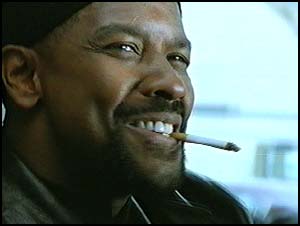Wednesday 9th November 2011
Media initial ideas
The film would be about a teenager called Bradley Kean/ keano (Nile O’Meally- Newell), Keano lives with his mum and his little brother his mum, his dad left when he was 5 which left his mum to bring him up on her own as well as his younger brother and working two jobs, it doesn’t need to be said that he grew up seeing his mother struggle and as soon as he was able to he joined a gang and made a little bit of money of which he told his mum that he was making from working in a shop.
He is a gifted footballer but he also has been included in gang culture for a long period of time. But he has decided to focus on his football and education, after he experienced what he could be facing if he keeps on including himself in gang crime.
But keano will find that it isn’t that simple, as he is very high up in the gang and the other gang member don’t want him to leave and if he does he has been threatened with all sorts of threats on his family and his life, and to show Keano that they (the gang) aren’t messing around they have kicked the front door of his house and stole most of the valuables, with now other choice he has to explain what he has been doing and why this has been happening, after the shock of this Keano’s mum kick him out. Keano then goes to stay with his best mate Sam Walters who is still involved with the gang. After this keano has started to miss schools and has not been training for a long time.
He finely manages to get everything back on task and is revising for up and coming exams and if in training for trials that he has been given for Arsenal. Meanwhile the gang have found out that Keano has been living with Sam and they beat Sam up so badly that he gets rushed into hospital, after hearing this Keano goes to see Sam who tells Keano that the gang are going to his mums house, keano runs to his mums house to find the door kicked in again and his brother on the floor in a blood puddle, keano gets his little brother to a hospital and finds that the doctors are worried that his brother will not be able to walk again, upon this his mother arrives at the hospital SLAPS Keano, who then kisses his little brother and his mother on the for head.
He then goes to the leader of the gang and beats him to near death, the gang then decide instead of killing Keano they phone the police the and report the event. When keano arrives home he receives two phone calls one from his mother telling him that the doctors got it wrong and his little brother will be fine, the second call is from his school saying that he has passed all of his exams and should decide on a university to apply for after hearing this keano thinks that life is starting to look up then he finds a letter on the floor addressed to him when he open it he finds a letter from Arsenal asking him if he would sign for the youth arsenal reserves. Now Keano thinks that things are finally looking up, he sits down on the sofa at his mums house, he closes his eyes and then police lights are seen through the door and then the door is heavily knocked (by policeman)……….









